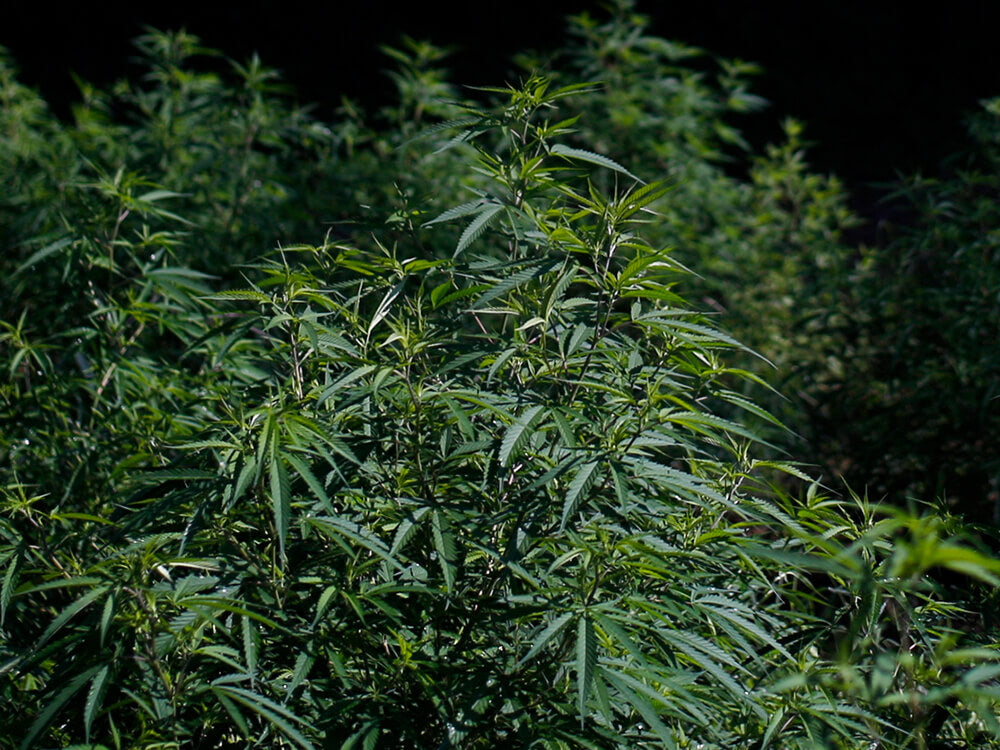Hemp CBD vs. Cannabis CBD: What’s the Difference?
Interest in cannabidiol, or CBD, products is on the rise, but there exists some confusion regarding whether CBD differs when derived from hemp or cannabis. This article aims to explore the distinctions between hemp and cannabis, as well as between hemp- and cannabis-derived CBD.

CBD-infused products are gaining popularity, encompassing everything from edibles and beverages to vapes and topicals. However, a common misconception revolves around whether CBD exhibits variances based on its origin – hemp or cannabis. Let’s delve into the disparities between these two sources and dispel some prevailing myths concerning the CBD compound.
Cannabis vs. Hemp
Thousands of years ago, both cannabis and hemp were referred to as hemp. The distinction between the two arose in the 20th century, with varying definitions and regulations globally.
Cannabis: Today, “cannabis” serves as an umbrella term for diverse plants like Cannabis sativa and Cannabis indica, containing over 0.3% tetrahydrocannabinol (THC), inducing a psychoactive “high.” Cannabis leaves, flowering heads, and other parts are used for recreational or medical purposes.
Hemp: Also known as “industrial hemp,” it specifically refers to Cannabis sativa containing no more than 0.3% THC in leaves or flowering heads. The 0.3% threshold is a somewhat arbitrary number, suggested after a 1976 study. Hemp, originating in Central Asia, is one of the oldest cultivated plants globally, used for textiles, rope, paper, bioplastics, and more. In Canada, there’s no limit to CBD content in hemp plants.
Hemp vs. Cannabis: Safety and Regulation
In the United Kingdom, both hemp and cannabis are subject to strict regulations. Despite hemp lacking the intoxicating effects of cannabis, it remains under scrutiny due to historical international agreements.
Global restrictions on hemp were imposed in 1961 under the United Nations’ Single Convention on Narcotic Drugs. The UK aligns its regulations with these international obligations, ensuring hemp cultivation follows specific guidelines to prevent misuse.
For industrial hemp, regulations govern its production, sale, import, and export. Licensed producers, similar to those in the cannabis industry, must obtain approvals to control marketing and permissible hemp strains.
Cannabidiol (CBD), a controlled substance in the UK, is regulated by the Misuse of Drugs Act. The Cannabis Act, akin to Canada’s legislation, plays a vital role in governing CBD in the UK. This framework ensures compliance with international obligations and fosters a transparent and regulated CBD market.
Legal CBD products in the UK adhere to strict guidelines, providing consumers with assurance regarding consistency, safety, and quality in production, manufacturing, and packaging processes.
In summary, the safety and regulation of hemp and CBD in the United Kingdom are intricately linked to international agreements and national legislation, balancing the benefits of hemp for industrial use while mitigating potential risks associated with its connection to cannabis.
How Hemp and Cannabis Are Used
Cannabis is cultivated for recreational and medical use due to its THC content. Hemp, on the other hand, finds diverse applications, including rope, textiles, paper, building materials, biofuels, cosmetics, skincare products, foods, nutritional supplements, and CBD-infused items.
Do Hemp and Cannabis Produce Different CBD Types?
In essence, no. Whether derived from hemp or cannabis, the CBD molecule remains unchanged.
Hemp Oil vs. Hemp CBD Oil
Hemp oil, obtained from ripened seeds through cold pressing, differs from hemp CBD oil, extracted from leaves, stalks, and flowering heads. Hemp oil is often used in food, cosmetics, and veterinary health products. To be exempt from the Cannabis Act, it must contain no more than 10 parts per million of THC.
Distinguishing Hemp Oil from Hemp CBD Oil
Hemp Oil/Hemp Seed Oil |
Hemp CBD Oil |
|---|---|
Part of the Hemp Plant |
Seeds |
Production Method |
Cold-pressed |
Contains CBD |
Potentially |
Contains THC |
Potentially (no more than 10 ppm) |
Other Ingredients |
Nothing, just the oil of the hemp seed |
Usage |
Salad dressing, cosmetics, pet health products, paints, and more |
Intoxicating |
No |
Potential Benefits |
Marketed as a nutritional supplement, boosting essential fatty acid intake |
Potential Risks/Effects |
Low flash point, unsuitable for frying; susceptible to quick rancidity |

